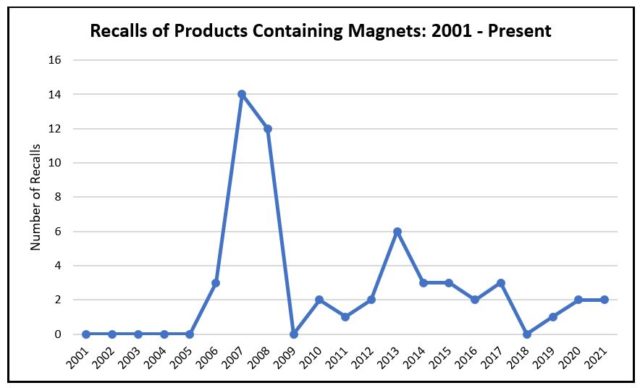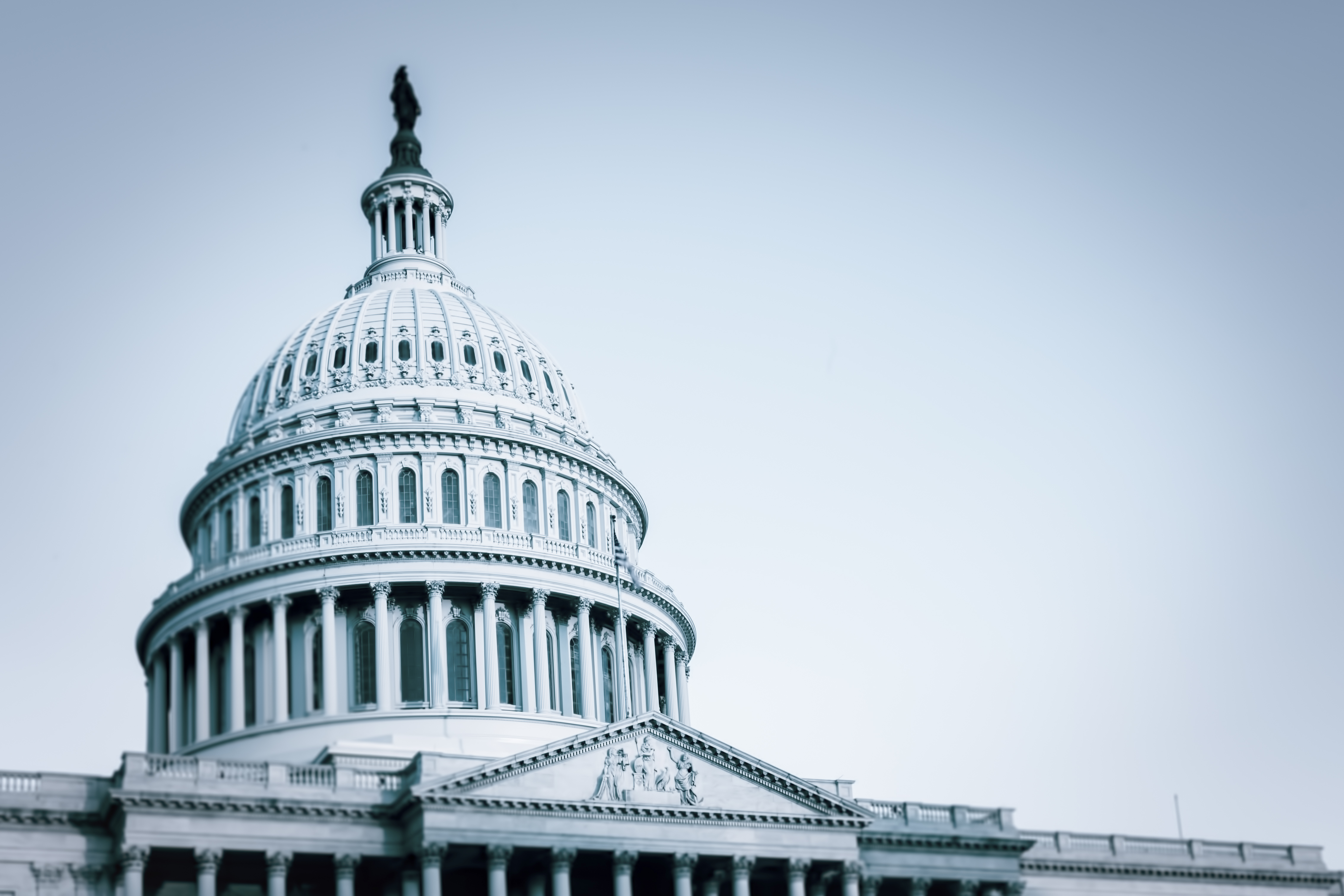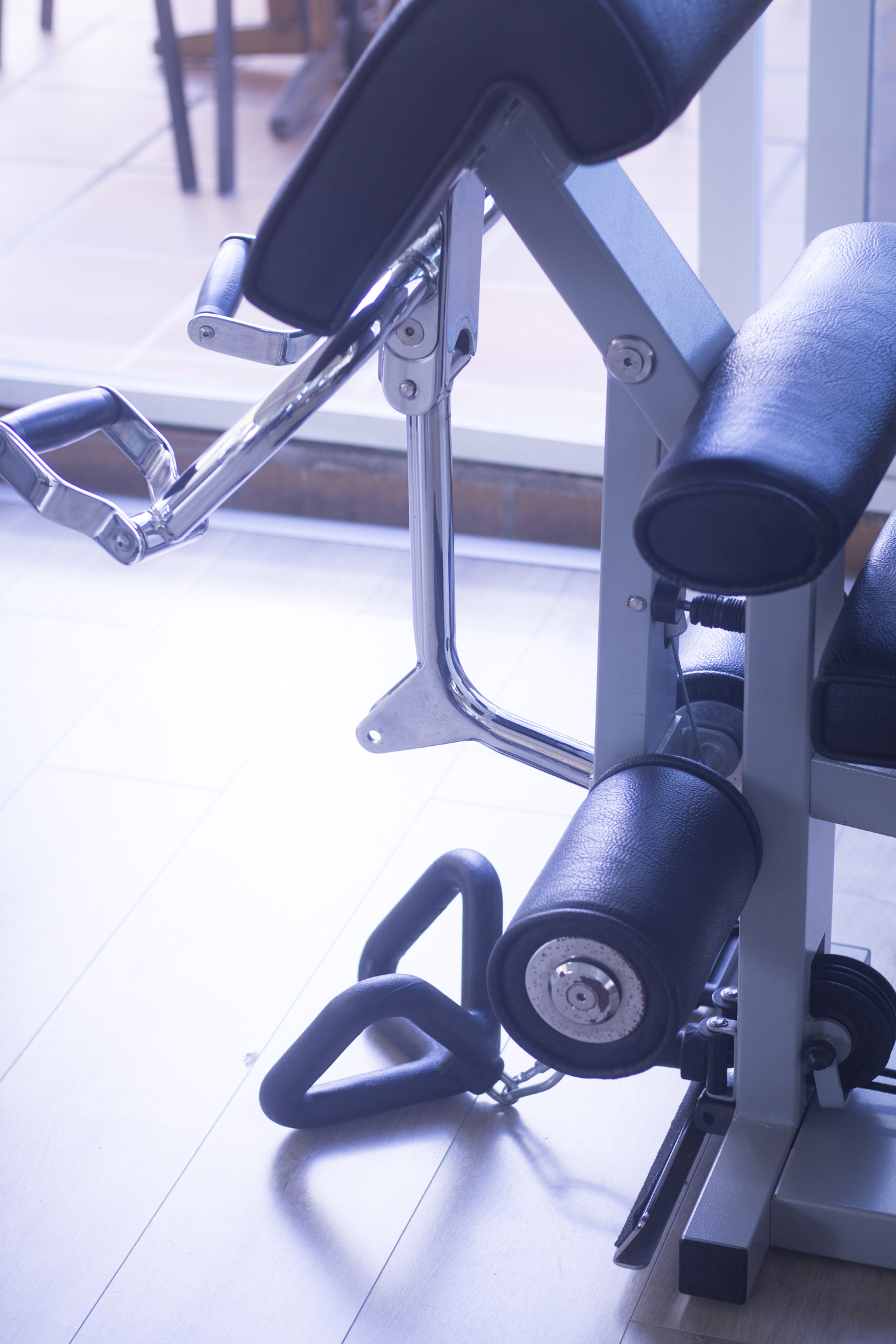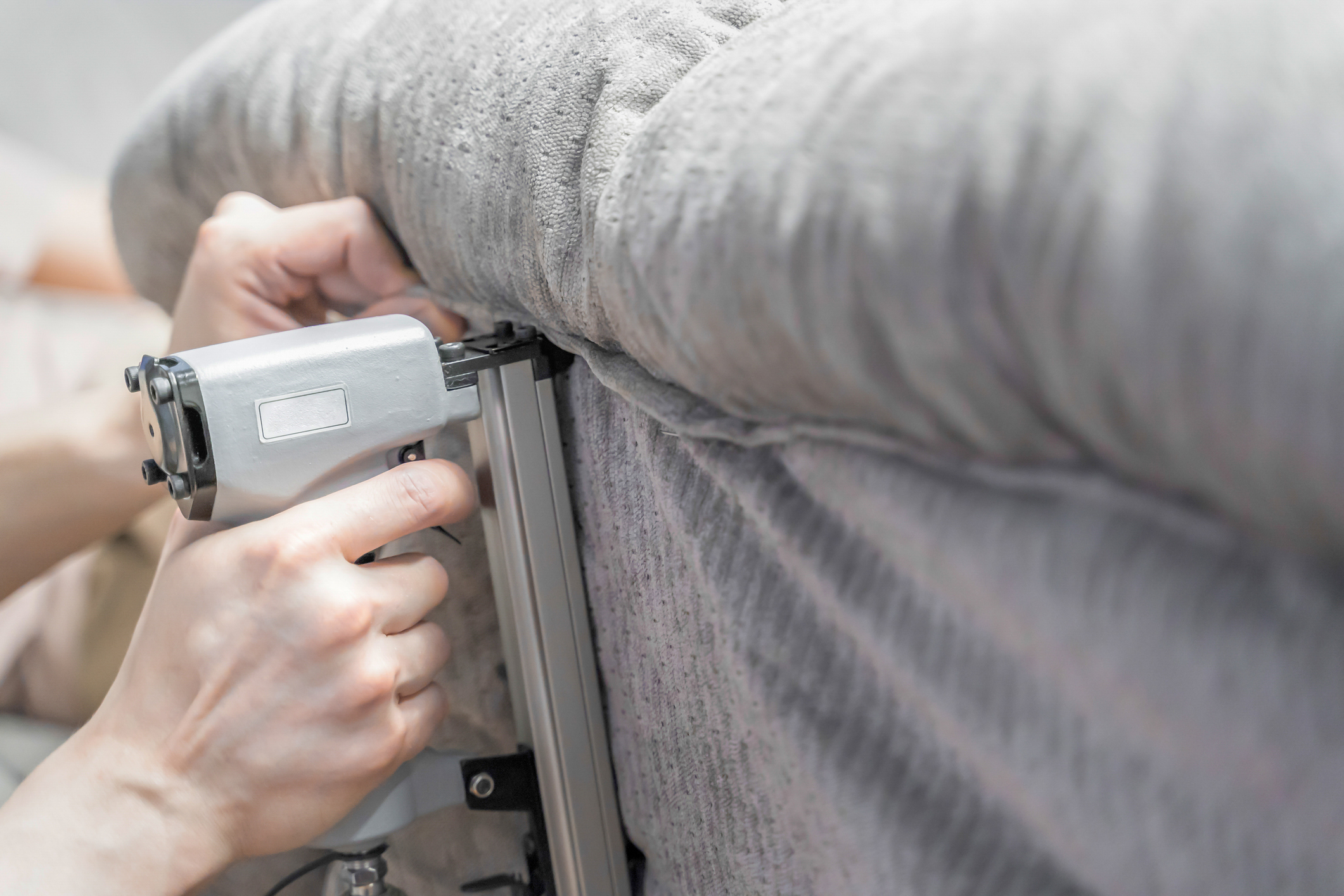
Here’s a brief review of key developments concerning the U.S. Consumer Product Safety Commission (“CPSC”) from the past month to help you stay aware of important product safety legislative and regulatory happenings.
Gree Appliance Companies Plead Guilty to Felony Charge for Failure to Report; Indicted Executives Await Trial. In one of the most significant developments in product safety law over the past decade, Gree Electric Appliances Inc. of China, Hong Kong Gree Electric Appliances Sales Co. Ltd., and Gree USA Inc. (the “Gree Companies”), a global appliance manufacturer, have pleaded guilty to willfully failing to report to the CPSC under Section 15(b) of the Consumer Product Safety Act. According to the DOJ and CPSC, the Gree Companies knew their dehumidifiers were defective, failed to meet applicable safety standards, and could catch fire, but failed to report that information to the CPSC for months. Section 19 of the CPSA makes it unlawful to fail to furnish information required by Section 15(b), and that failure is subject to civil and criminal penalties. While CPSC civil penalties (or at least investigations) have become fairly routine—indeed, the Gree Companies paid a then-record $15.45 million civil penalty in 2016—this is the first corporate criminal enforcement action brought under the CPSA by the Government. As part of the Gree Companies’ plea agreement, they will pay a $91 million penalty. Two Gree executives have been charged criminally by the DOJ as well, and await trial, scheduled for March 2022. Stay tuned for a full analysis from the Crowell product safety team.
Continue Reading CPSC Insights – October 2021






